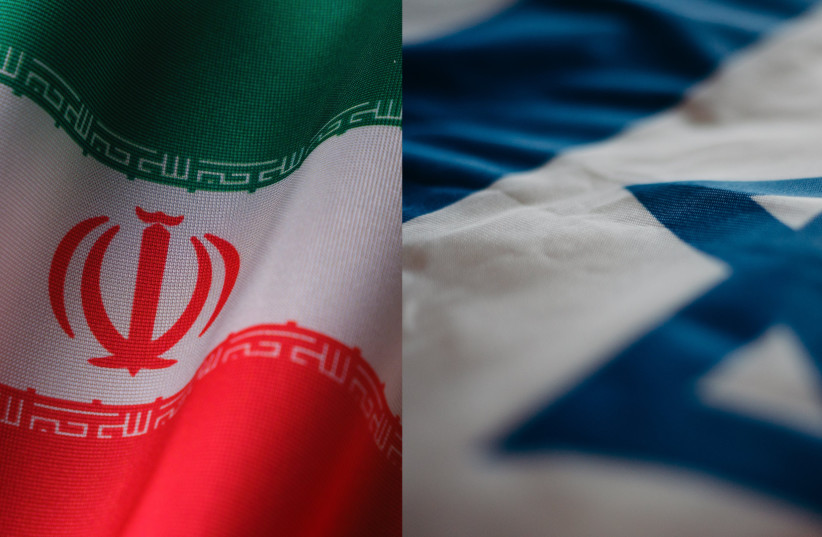Two major gas pipelines in Iran were allegedly attacked by Israel this week, according to a Friday report by The New York Times, citing an IRGC-affiliated military strategist and two Western officials.
The two pipelines, which carry gas from Iran's south to their major cities such as Tehran, were hit in multiple locations simultaneously. The attack "knocked out about 15 percent of Iran’s natural daily gas production," the Times quoted energy experts as saying.
The report said that the attack on the gas pipelines caused disruption in several Iranian provinces, such as Fars and Chahar Mahal Bakhtiari, regarding "the flow of heat and cooking gas to millions of people." Israel has targeted Iranian nuclear and military sites in the past, with assassinations being reported of Iranian commanders and scientists - whether they were located in Iran or not.
The attack is seen as an escalation
The alleged attack represents an escalation in what the NYT report describes as a "shadow war" between the two countries, which has been fought on different fronts through cyberattacks, land, air, or sea. The escalation in question that the report notes, citing officials and analysts, is that part of Iran's energy infrastructure was struck, which was "relied on by industries, factories and millions of civilians."

Iranian Oil Minister told local media that whoever attacked planned to disrupt gas flow to Iranian provinces and cities but did not publicly blame Israel or anyone else, NYT reported.
The attack alleged to have been done by Israel would have required the Jewish state to have deep knowledge of Iranian infrastructure, and with two pipelines being hit simultaneously, Israel would have needed to operate with extreme coordination, the Western officials and IRGC strategist said.
Little harm was caused to civilians in the attack, one of the two Western officials told the NYT and said Iran could easily repair the damage but noted that the strike could have been a warning of the damage Israel could inflict. However, Iranian media reported that the strike terrified residents, who fled into the streets around 1 a.m. local time when the strike happened, but there were no casualties reported.
Israel also caused a separate blast a day before the report of the attack on the pipelines, the Western officials told the Times, which was done inside a chemical factory near the Iranian capital, Tehran.
Since the October 7 massacre committed by Hamas, Iran has denied being involved in the attacks, despite reports of Hamas being trained by them. Other Iranian proxies include Houthis in Yemen and Hezbollah in Lebanon.
